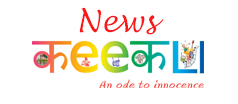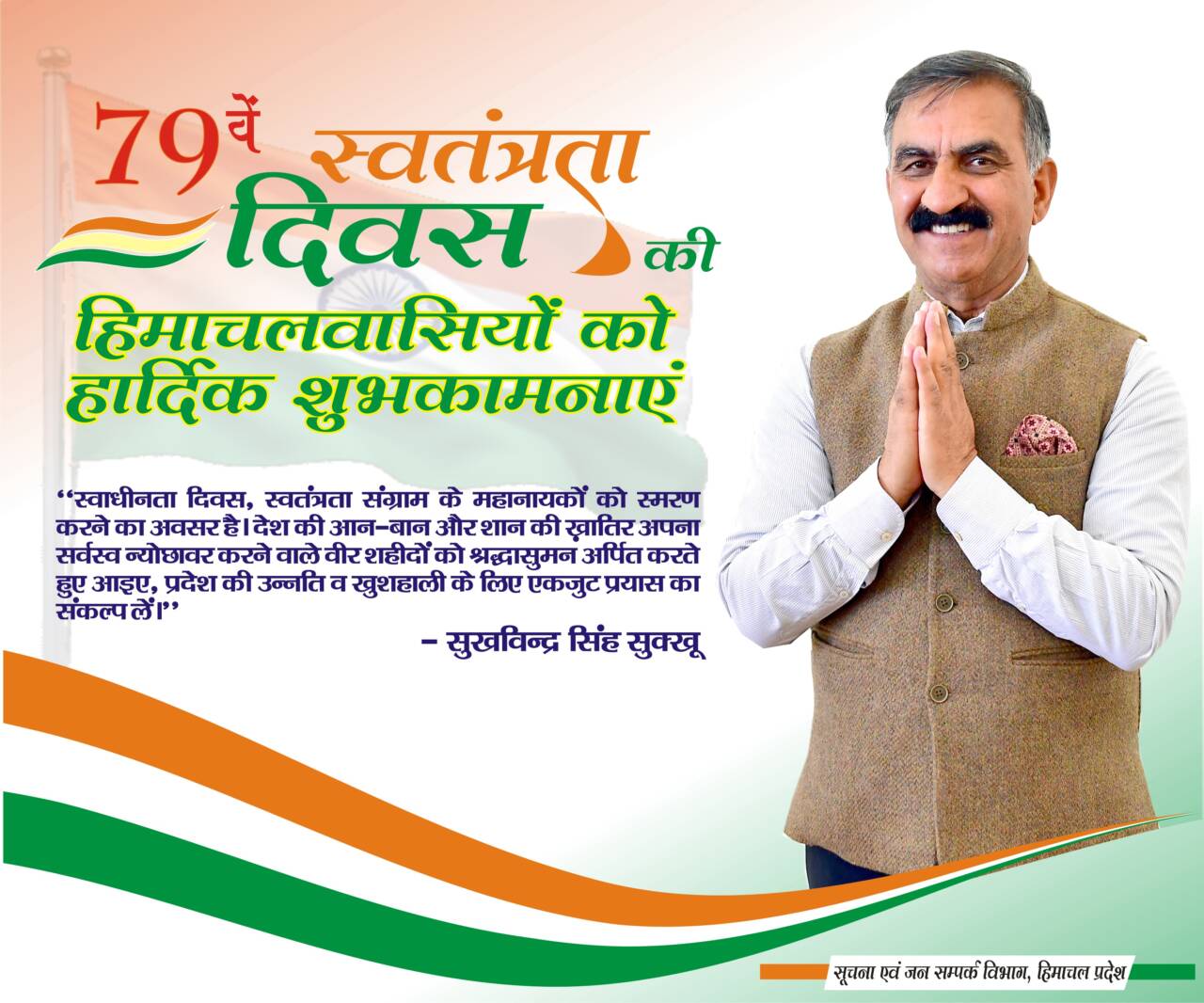 In a major recognition of India’s global leadership in healthcare innovation, the World Health Organization (WHO) has released a technical brief titled “Mapping the Application of Artificial Intelligence in Traditional Medicine“, highlighting India’s pioneering efforts in integrating Artificial Intelligence (AI) with its traditional medicine systems, especially Ayush.
In a major recognition of India’s global leadership in healthcare innovation, the World Health Organization (WHO) has released a technical brief titled “Mapping the Application of Artificial Intelligence in Traditional Medicine“, highlighting India’s pioneering efforts in integrating Artificial Intelligence (AI) with its traditional medicine systems, especially Ayush.
The brief comes as a follow-up to India’s proposal that led to the formulation of WHO’s first roadmap on AI in traditional medicine. It spotlights India’s remarkable contributions, including AI-powered diagnostic tools, predictive models, and large-scale digitization initiatives—positioning India as a trailblazer in combining ancient wisdom with cutting-edge digital health technologies.
Union Minister of State (Independent Charge) for Ayush and Minister of State for Health & Family Welfare, Prataprao Jadhav, emphasized that the recognition reflects India’s commitment to Prime Minister Narendra Modi’s vision of “AI for All” and inclusive, technology-driven healthcare. He highlighted platforms such as the SAHI portal, NAMASTE portal, and the Ayush Research Portal as key enablers in modernising and globalising Ayush practices.
Secretary of the Ministry of Ayush, Vaidya Rajesh Kotecha, added that the brief cites transformative initiatives such as Ayurgenomics—blending Ayurveda with modern genomics—as well as Prakriti-based machine learning models that drive predictive diagnostics. The foundation for this innovation lies in the Ayush Grid, a digital backbone launched in 2018, which has enabled a wave of AI-driven, citizen-centric health solutions.
The WHO brief details how India’s AI applications in Ayurveda, Siddha, Unani, Sowa-Rigpa, and Homoeopathy are helping bridge traditional diagnostics—such as pulse reading and tongue examination—with machine learning and neural networks, thereby enabling personalised and preventive healthcare.
India’s Traditional Knowledge Digital Library (TKDL), the world’s first of its kind, is also praised for its role in digitising and protecting indigenous medical knowledge. The use of AI for semantic text analysis, drug discovery, and comparative research across global traditional medicine systems is seen as a benchmark for innovation-led heritage preservation.
Significantly, the WHO brief notes that the Ayush sector contributes USD 43.4 billion to India’s economy, reaffirming its strategic importance not just in healthcare but also in national growth.
The Ministry of Ayush welcomed the WHO’s recognition as a global validation of India’s leadership in scientific, ethical, and inclusive innovation in traditional medicine. The brief further cements India’s role as a key player in shaping the future of evidence-based, AI-enabled, and globally integrated traditional healthcare.

